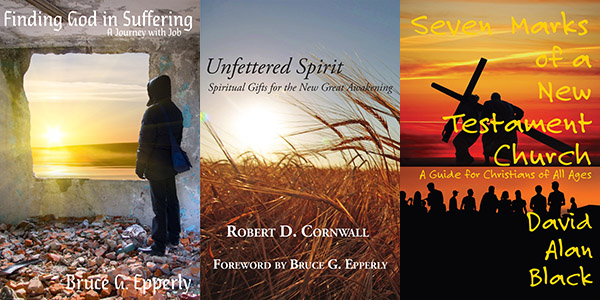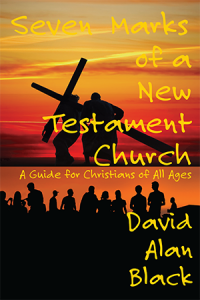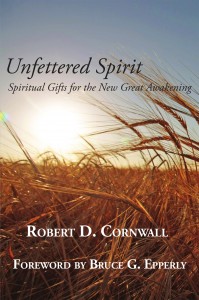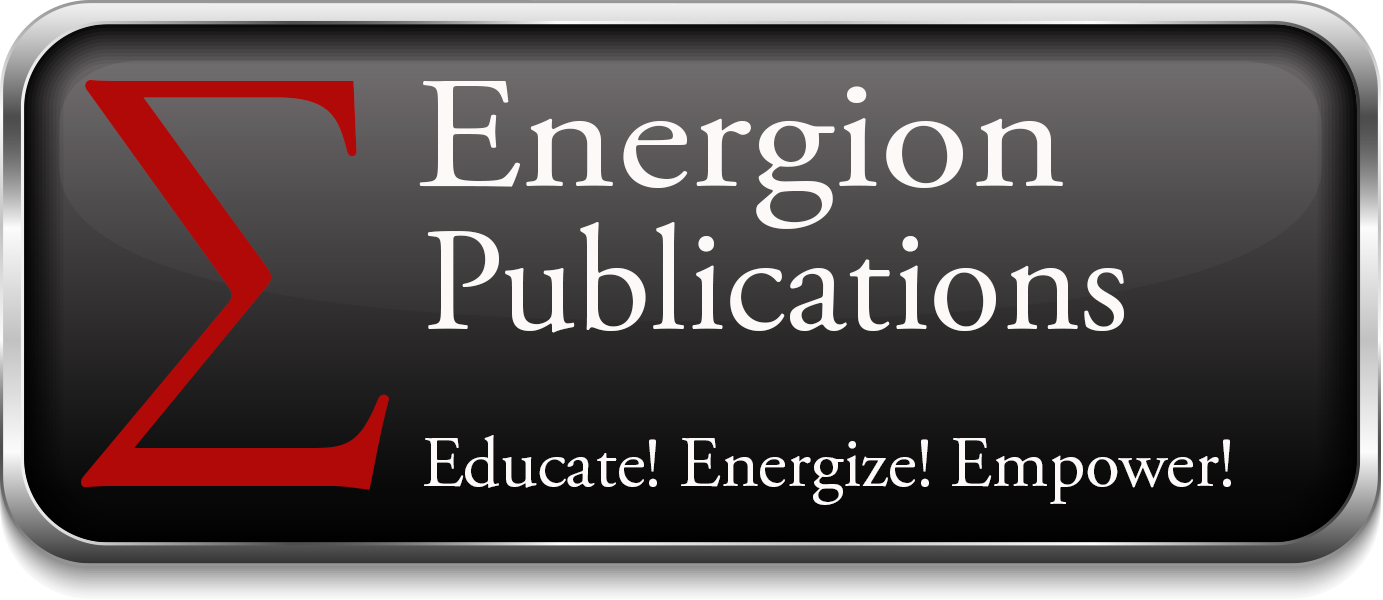Three Good Books for the Other Side
 “Other” side is perhaps not entirely accurate, because there are many sides to most issues, and the ones addressed by these books are extraordinarily multifaceted.
“Other” side is perhaps not entirely accurate, because there are many sides to most issues, and the ones addressed by these books are extraordinarily multifaceted.
What do I mean by the other side? I’m glad you asked! It refers to a reader who might normally be opposed to the general position and philosophy of a particular writer. So these are books I’d recommend people read even though—or rather because—they differ substantially with the writer.
It’s our goal that all of our books have interest beyond the author’s tradition stream, but not surprisingly, we reach that goal more effectively in some cases than in others. So over the next few months I’m going to write occasional posts mentioning a few of these books and why all the other side(s) should read them.
 1. Finding God in Suffering: A Journey with Job by Bruce Epperly. Bruce is a progressive Christian, pastor of a United Church of Christ congregation, and author of the popular volume in our Topical Line Drives series, Process Theology: Embracing Adventure with God. Who should be reading this book? Well, everybody! You’re going to find a counterpoint to prosperity theology as well as to the notion that all difficulties are sent by God to punish sin. Everywhere I go I find people dealing with the issue of suffering and grief. They’re wondering how to reconcile it from a Christian perspective, and they’re wondering how to live with it simply from a human perspective. Epperly isn’t afraid to wade right into the difficult questions. Spend some time with him getting to know Job and his friends, and perhaps you’ll get to know God a bit better as well. (This book is on pre-order, but should be released within a week.)
1. Finding God in Suffering: A Journey with Job by Bruce Epperly. Bruce is a progressive Christian, pastor of a United Church of Christ congregation, and author of the popular volume in our Topical Line Drives series, Process Theology: Embracing Adventure with God. Who should be reading this book? Well, everybody! You’re going to find a counterpoint to prosperity theology as well as to the notion that all difficulties are sent by God to punish sin. Everywhere I go I find people dealing with the issue of suffering and grief. They’re wondering how to reconcile it from a Christian perspective, and they’re wondering how to live with it simply from a human perspective. Epperly isn’t afraid to wade right into the difficult questions. Spend some time with him getting to know Job and his friends, and perhaps you’ll get to know God a bit better as well. (This book is on pre-order, but should be released within a week.)
 2. Seven Marks of a New Testament Church by David Alan Black. Dave Black is an evangelical Christian, professor at Southeastern Baptist Theological Seminary, and author of The Jesus Paradigm. In this little book he searches the book of Acts for characteristics of the New Testament churches. Who should be reading this book? Well, again, everybody. We have a fairly strong consensus in the American church that something is wrong, but for the most part we’re doing the same things over and over. We even have examples of churches that are changing, yet we find it difficult to pass on to others whatever it is that makes them successful. I have often thought that if we would all just try to do the things we can agree we ought to be doing, we’d be in really good shape. You may come out of this book disagreeing with some of what the author has to say (as you will with all my recommendations in this post!), but it should provide you with a solid basis to reexamine the way you do church. Are you truly being a witness for Jesus in your community? If not, why not? What can you do? Let’s discuss seriously and act intentionally!
2. Seven Marks of a New Testament Church by David Alan Black. Dave Black is an evangelical Christian, professor at Southeastern Baptist Theological Seminary, and author of The Jesus Paradigm. In this little book he searches the book of Acts for characteristics of the New Testament churches. Who should be reading this book? Well, again, everybody. We have a fairly strong consensus in the American church that something is wrong, but for the most part we’re doing the same things over and over. We even have examples of churches that are changing, yet we find it difficult to pass on to others whatever it is that makes them successful. I have often thought that if we would all just try to do the things we can agree we ought to be doing, we’d be in really good shape. You may come out of this book disagreeing with some of what the author has to say (as you will with all my recommendations in this post!), but it should provide you with a solid basis to reexamine the way you do church. Are you truly being a witness for Jesus in your community? If not, why not? What can you do? Let’s discuss seriously and act intentionally!
 3. Unfettered Spirit: Spiritual Gifts for the New Great Awakening by Robert D. Cornwall. There are certain books that disturb me because I think they should be reaching many more people than they are, and this is one of them. I’m planning to put some serious effort into getting people to look at it during the coming year. It was one of the 2013 top 10 books of the year for parish ministry from the Academy of Parish Clergy. While I might like to say “everybody” in answer to the question of who should read it, I would particularly recommend this to my charismatic friends. Bob Cornwall is a moderately progressive writer, but he provides theology that would support many charismatic practices, and by providing them with theological support would also provide them with theological accountability. Charismatics often pride themselves on being led by the Spirit, but they should carefully read Ephesians (chapter 4 especially, but in the context of the whole book) and 1 Corinthians 12 and focus on the use of “one” and “all.” We all have our ways of drifting. For liberals or progressives it’s often by ignoring scripture and tradition. For evangelicals, it can be an independence in one’s interpretation of scripture. For charismatics, it’s blamed on the Spirit, but it often is following one’s own spirit. Sometimes people in any of these groups will look down on systematic theology as dry and dead. But relating your views on the details to key elements of orthodox theology is a critical way to provide accountability. Do your actions say that Jesus has come in the flesh?
3. Unfettered Spirit: Spiritual Gifts for the New Great Awakening by Robert D. Cornwall. There are certain books that disturb me because I think they should be reaching many more people than they are, and this is one of them. I’m planning to put some serious effort into getting people to look at it during the coming year. It was one of the 2013 top 10 books of the year for parish ministry from the Academy of Parish Clergy. While I might like to say “everybody” in answer to the question of who should read it, I would particularly recommend this to my charismatic friends. Bob Cornwall is a moderately progressive writer, but he provides theology that would support many charismatic practices, and by providing them with theological support would also provide them with theological accountability. Charismatics often pride themselves on being led by the Spirit, but they should carefully read Ephesians (chapter 4 especially, but in the context of the whole book) and 1 Corinthians 12 and focus on the use of “one” and “all.” We all have our ways of drifting. For liberals or progressives it’s often by ignoring scripture and tradition. For evangelicals, it can be an independence in one’s interpretation of scripture. For charismatics, it’s blamed on the Spirit, but it often is following one’s own spirit. Sometimes people in any of these groups will look down on systematic theology as dry and dead. But relating your views on the details to key elements of orthodox theology is a critical way to provide accountability. Do your actions say that Jesus has come in the flesh?
And remember, for the Advent season of 2014, these books are all eligible for our 25% off coupon. Just enter Advent2014 in the coupon code field when you check out.


